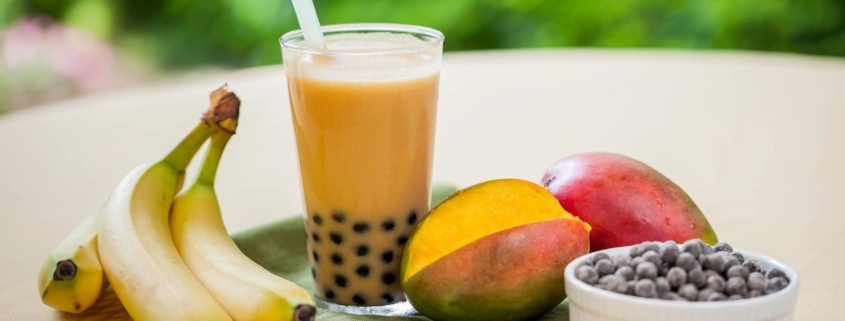I am sure you have heard the saying, “your gut is your second brain”. It sounds funny, but it holds a lot of truth. When we have a healthy and happy gut, we have a healthy body. Think about a time when you had a stomachache or didn’t feel “right” on the inside. This probably led to you not feeling like yourself and just overall crummy. There are ways to avoid these feelings and that is by ensuring your gut is in proper health.
Background
Our bodies are filled with microorganisms, but our gut holds the most, sitting at over 100 trillion. This is why the gut is one of the most sensitive, yet powerful systems! It functions to digest nutrients, regulate, and use energy, support our immune system, and send hunger signals to the brain. If our gut is in poor health, how can we expect it to function at its fullest? There are several factors that play a part in the health of our gut like stress, medications, and the environment.
When the gut microbiome is negatively affected for a long period of time (i.e., stress), it can lead to several diseases related to the gut but also the body as a whole. Inflammatory bowel disease, dermatitis, type 2 diabetes, cardiovascular disease and even depression are all possible diseases that can stem from improper care of our gut. The good news is you can improve the health of your gut by simply increasing your fiber intake, taking pre/probiotic supplements, and consuming more polyphenols and omega-3 fatty acids.
Types of Food
Fiber is found in many different foods, some of which many have in their pantry right now! Foods like, beans, peas, whole grain oats, brown rice, popcorn, vegetables, and berries. It is important to note that if fiber is over consumed it can lead to constipation because it is a harder nutrient to digest. Adults should aim to eat around 25 grams of fiber per day.
Prebiotics are like probiotics except they are not live strains and are a special type of fiber that act as food for the good bacteria living in the gut. Prebiotics are found in asparagus, bananas, garlic, onions, and artichokes.
Polyphenols are important for boosting heart health and immunity. These compounds are found in fruits, leafy green vegetables, green tea, dark chocolate, and peanuts.
Omega-3 Fatty Acids are abundant in cold water fatty fish like salmon, sardines, tuna, and herring. Omega-3’s can also be found in walnuts, flaxseeds, chia seeds and canola oil.
Probiotics are just the opposite of prebiotics and are a live strain of bacteria that boosts the gut microbiome when consumed. Probiotics originate in yogurts with live active cultures (usually noted on the container), pickles, sauerkraut, sourdough, kimchi and can also be supplemented through a once-a-day pill.
Some of the signs you can look for to determine if you have a healthy gut are regular and consistent bowel movements. The average adult should have a bowel movement at least once a day, if not twice. Consistent energy, no excess gas or bloating, mental clarity and positive reactions to food and stress. The health of our gut is crucial to living a healthful life.




